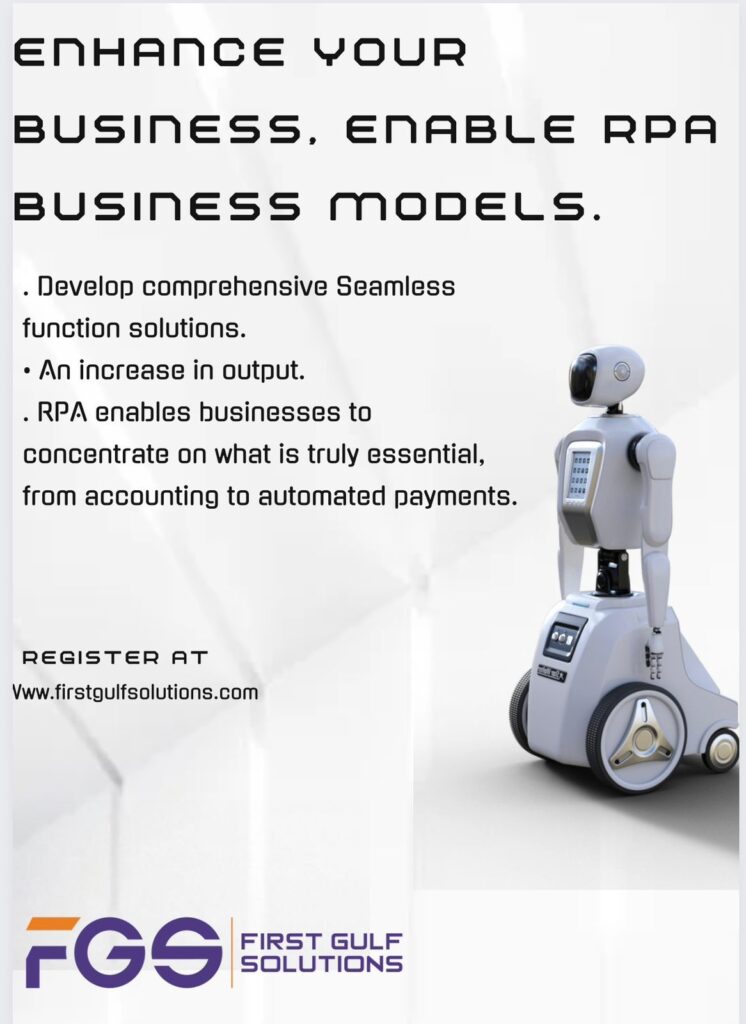The newest trend in business is robotic process automation (RPA), so think about integrating it!
RPA aids in streamlining corporate process management and locating more practical answers.
Let RPA handle the monotonous chores instead of wasting your time on them!

Automation is a hot topic in business. Robotic process automation (RPA) is ideal for offices with many distractions and short attention spans.
RPA can play an important role in business process management (BPM) by automating repetitive tasks and improving overall efficiency. BPM is a system for managing and improving organizational processes to improve overall performance. By automating repetitive tasks with RPA technology, BPM can be used to identify areas of improvement and improve processes to improve performance and reduce costs. Introducing automation solutions to business process management can save time on things that don’t require your attention, allowing you to focus on what really matters, like your customers and employees. There are many use cases for this technique.
Here are five good use cases to get you interested:
1) Data Capture and Migration: One of the most popular use cases for RPA is automating data capture and migration. It involves using RPA robots to extract data from various sources, such as spreadsheets, databases, and PDFs, and then feed that data into the appropriate system or application. Doing this process manually can be time-consuming and error-prone, but with RPA it can be done quickly and accurately.
2) Customer Service Automation: Customer service agents can drive themselves, allowing time to answer calls and handle necessary customer interactions. The automated system allows companies to have a reception ready for use and to attend to any request.
3) Finance and Accounting: Finance and Accounting departments can greatly benefit from RPA technology. Robotic process automation (RPA) bots automate tasks such as processing accounts payable and receivable, invoice processing and financial reporting. These tasks can be completed faster and more accurately than if done manually, allowing employees to focus on more strategic initiatives
.
4) Process customer orders: While processing customer orders is a critical task for any business, it can also be time-consuming and error-prone. Automating the order fulfillment process can greatly improve accuracy and efficiency, allowing sales teams to process orders more quickly and accurately. Companies can use RPA to manage order tracking and fulfillment, ensuring on-time delivery and customer satisfaction.
5) Supply Chain Management: RPA can also be used to automate supply chain management tasks such as order processing, inventory management, and shipping and receiving. RPA robots can perform these tasks more efficiently, reducing the need for human intervention and improving supply chain visibility. In short, automation is a feature that any industry should embrace because it allows employees to focus on the things that really matter, while giving them more time to get things done. If you’ve been thinking about enabling RPA (Robotic Process Automation) in your office, now is the time.
For a company to thrive, it needs good managers, motivated employees and a solid business process management model. By automating as many processes as possible, you increase productivity by giving employees more time to create value.
Companies should enable robotic process automation in as many tasks as possible so they can focus on other things, which means more money in your bank account
